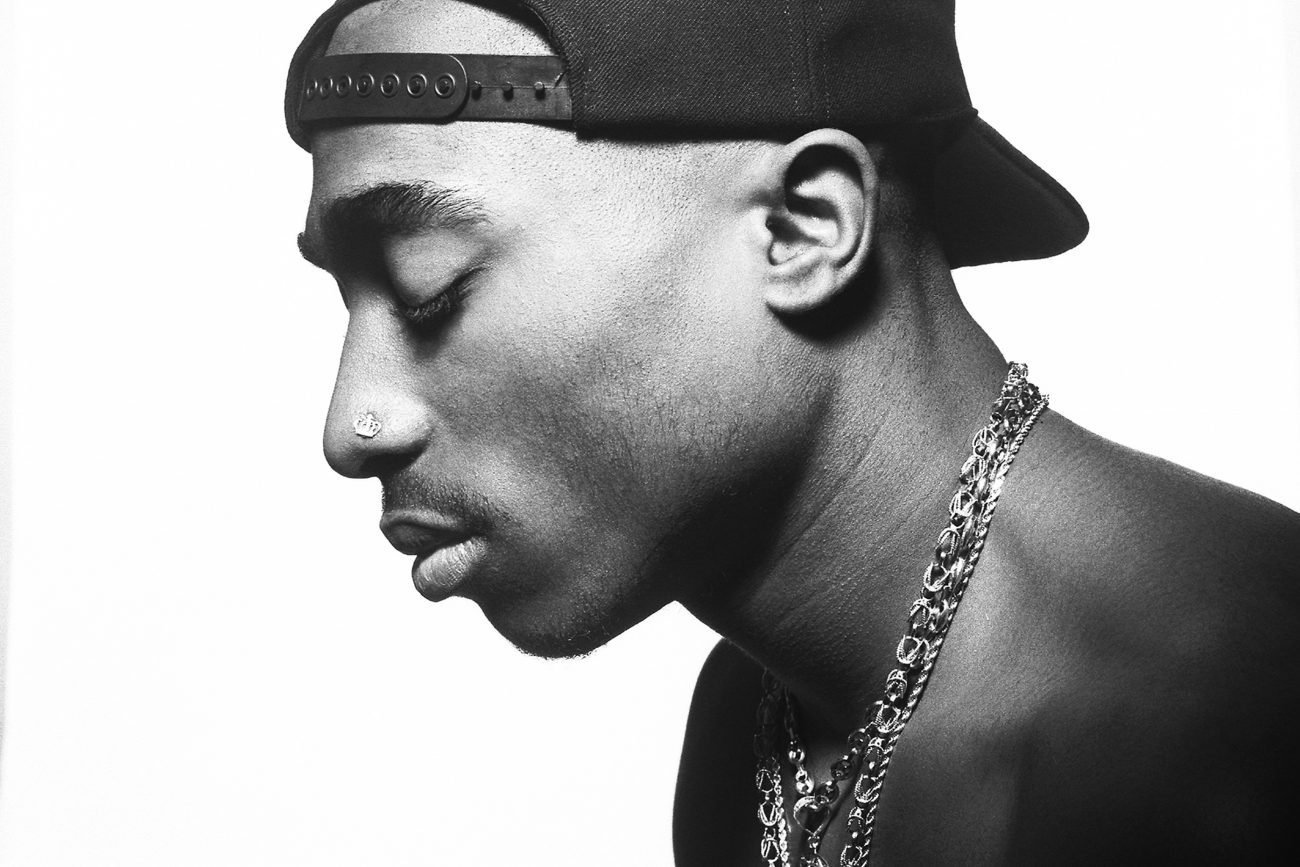
GLOBAL insights corner
providing up-to-date Insights, data & perspectives on the world’s greatest cultural challenges
strategy
culture
communications
Business
ECONOMICS
Nursing Home Culture: A Dual Perspective (Part 1)
Last year I hosted almost 100 foreign Fulbright scholars for their orientation into the Fulbright program and American culture. As a part of the program we organized a community service activity. After much debate in the planning process we decided to take the scholars to a nursing home.
Cultured Convos: Media Diversity w/ Kenya Downs
After attending Freedom of Expression in a Multicultural World at the National Endowment of Democracy (NED) hosted by NED's Center for International Media Assistance (CIMA) and the Media and Diversity Institute (MDI) in early June I felt it was imperative to have a follow-up conversation on diversity in the media.
"Must-Dos" in the Race to Diversify Tech
There is no longer a debate about whether or not diversity helps the bottom line of any organization. This acknowledgement is key for the survival of tech companies who's target market generally include people of all genders, races and age demographics.
Last year, tech companies began to release their diversity statistics turning the debate about diversity into much needed action. Not-so-shocking but very unfortunate data was revealed. The workforces of Apple, Facebook, Google and Microsoft included an average of 4% Hispanic, 2.5% Black, 2% mixed and less than 2.7% other.
The Charleston Massacre: A Culture of Terrorism Denied
I have always tried to remain fair and balanced. As an interculturalist it has been my life's work to create mutual understanding and provide objective mediation across cultures. But I have to admit, I am struggling to see the other side in the case of the historical Emanuel AME Church massacre in Charleston, SC.
Tupac Shakur: What Intercultural Texts Keep Missing
I have read plenty of intercultural texts about the late great Tupac Shakur. Some of these texts characterize Tupac as a "gangster rapper" discussing his death and history of, "struggle with poverty, relocation, family separation, and violence," [Digital Generations: Children, Young People, and the New Media. 2013]. Others tout his, "messages of resistance, struggle, and empowerment in the face of racism and oppression," [Globalizing Intercultural Communication: A Reader. 2015]. These pieces normally center around the influence of Tupac Shakur on the African-American culture and beyond. Unfortunately, I have yet to find an article that engages it's audience in the discussion of Tupac's actual culture.
Rachel Dolezal and the Ineffectiveness of "Going Native"
Recently, I was introduced as Brazilian in a meeting with the upper management of an organization. Now, anyone who really knows me, knows that I am not Brazilian. While this piece of information was incorrect, I chose to save the person giving my introduction some embarrassment by not correcting them. In that instance I knew that this group of people would leave the room believing that I was Brazilian and that I would be responsible for making the choice to clarify my actual cultural heritage. But I won't lie, the thought of them believing that I was from a place that I so adore was flattering to me. I even thought, "hey, let them think what they want," for a brief moment. I mean why not? I've lived in Brazil, I've studied Portuguese, I can cook a mean Moqueca de camarão and I Samba my butt off anytime I have the chance.
Freedom of Expression in a Multicultural World
As societies become more culturally diverse the notion of freedom of expression takes on a new level of complexity. For journalist whose profession depends on this freedom, understanding the world's increasing multicultural landscape is critical and can even be a life or death matter.
Personal Post: Guns and PR
In this last few months, the argument has been made that the gun control camp has better PR than the gun lobbying camp. Organizations like the NRA have struggled to fight the "anti-gun" campaigns and their supporters.










Artificial Intelligence is transforming how leaders think, not just how they work. This article explores how AI unlocks divergent thinking — the creative, expansive mindset that drives innovation — and why global executives must harness both machine precision and human imagination to navigate today’s cultural and strategic complexity. GLG breaks down what creative leadership looks like in the AI era and how institutions can turn insight into aligned, culturally intelligent strategy.